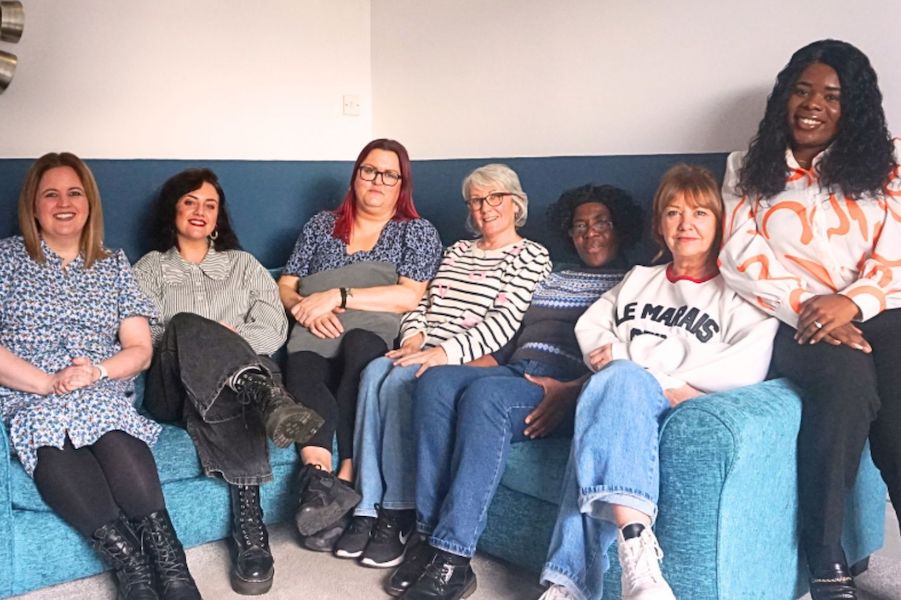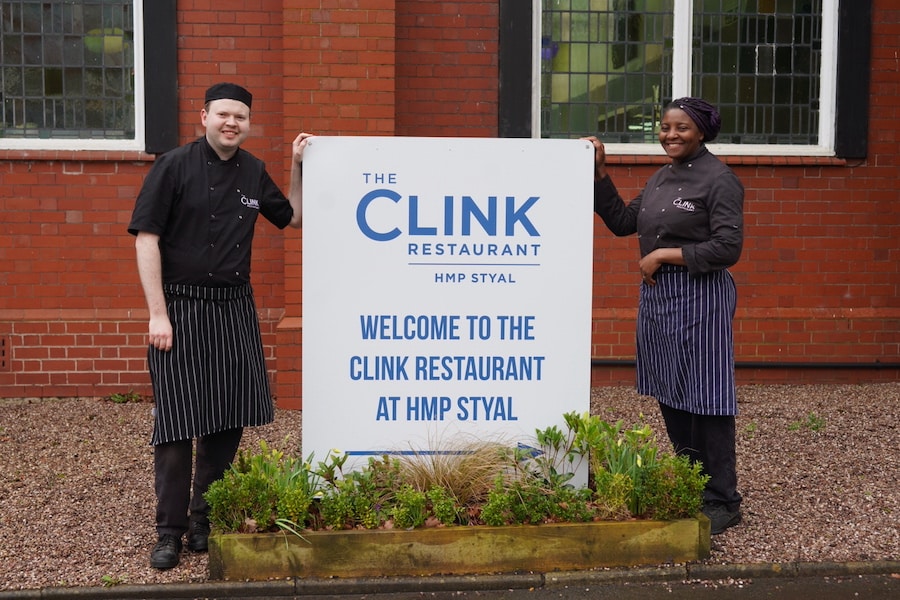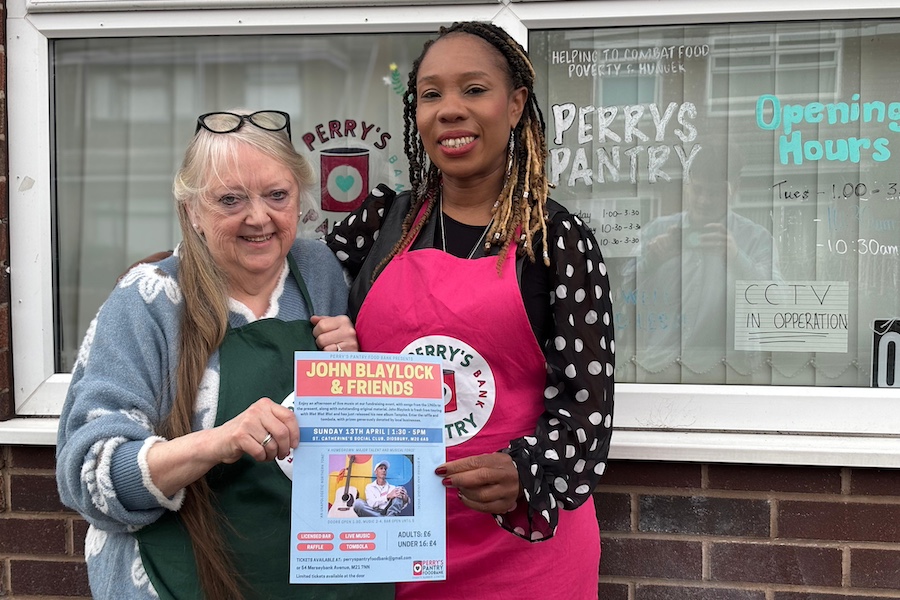From riots to boomtime: Manchester’s last decade in review
- Written by Ray King
- Last updated 2 years ago
- City of Manchester, Civic, Community, History
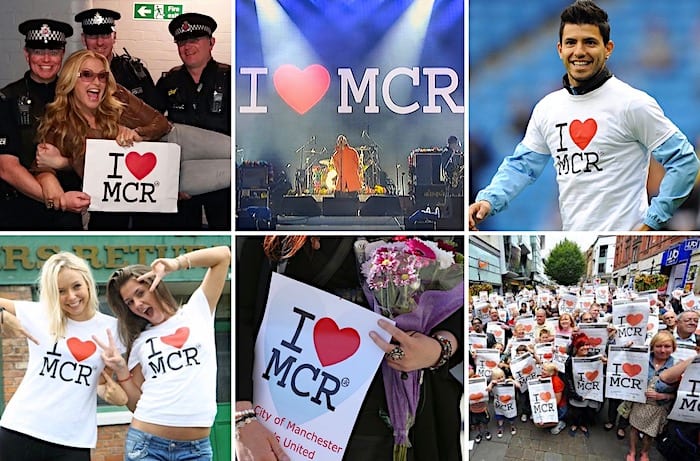
For Manchester, it was a decade of Metrolink, the mayor, Manchester City and finally – after a wait of more than 40 years – a Michelin star.
But the last 10 years were also defined by mass murder; the cold blooded killing of 22 innocents, mostly young people, when terrorist Salman Abedi detonated a suicide bomb at the end of Ariana Grande’s Manchester Arena concert in May, 2017.
That horrendous attack – with a device packed with shrapnel deliberately designed to kill and maim – had a profound impact on people throughout Greater Manchester.
A decade that had begun in Manchester and Salford with an orgy of anger, destruction and looting that “overwhelmed” the forces of law and order in the summer riots of 2011, ended with the city’s reputation for resilience and reconciliation was recognised around the world.
Manchester’s resilience has been tested more than once this last decade but the city has always stood strong together with an unrivalled sense of civic pride. In the darkest times we’ve seen some of our brightest qualities. Here’s to the next 10 years #ILoveMCR #DecadeinReview pic.twitter.com/g1i9tWzGFq
— I Love Manchester (@ILoveMCR) January 1, 2020
This was the place where, amid a sea of floral tributes to the Arena victims that carpeted St Ann’s Square, crowds spontaneously began singing the Oasis anthem Don’t Look Back in Anger.
By the time the appeal for the victims and their families closed, it had raised more than £21.6 million.
When the 2010s dawned, Manchester was still reeling from the impact of the world-wide recession triggered by the collapse of key parts of the banking system and the widespread imposition of austerity measures introduced by the newly-elected Conservative-Liberal Democrat coalition designed to rebalance budgets.
Cuts went deep. Resentment over fat cat bankers being bailed out while the needy went without festered and flared into riots in several British cities during 2011.
Manchester and Salford erupted in August, but in the aftermath of the mayhem, the city fought back and positive voices began to be heard. It was in response to the negativity that I Love MCR® was launched as a positive symbol of civic pride, championing community and a bright future for the city.
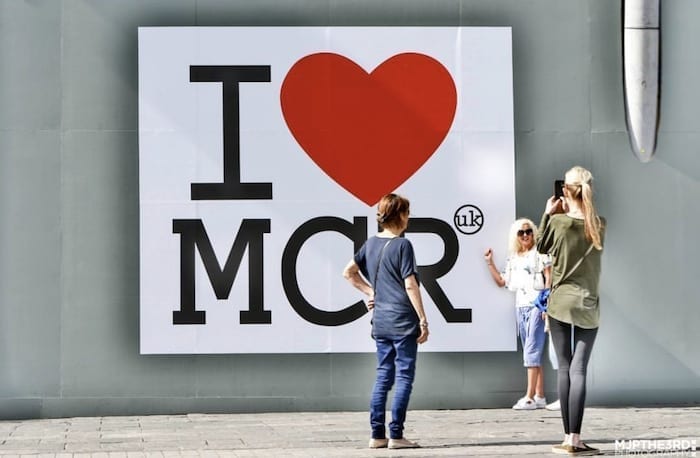
The Independent said the I Love MCR sign became “a ubiquitous image of defiance…” and The Guardian said “Manchester has a sense of identity that you don’t find elsewhere.”
And it wasn’t long before Manchester’s fightback in the face of economic difficulties began on a much broader front.
A City United. Man United & Man City footballers teamed up to show the world they love Manchester.
Instead of wearing a football shirt, Ed Sheeran wore the I Love MCR® t-shirt on stage at the Etihad Stadium to show affection for Manchester.
The bold plan to extend Metrolink to Oldham, Rochdale, Ashton, Didsbury and Manchester Airport was brought back from the dead by recasting the billion pound project as not just a transport system but a key instrument of regeneration.
The final piece of the network – though tram trains could be running to Stockport, Bolton and Wigan in the next decade – was the completion of the line to the Trafford Centre which is due to open in April.
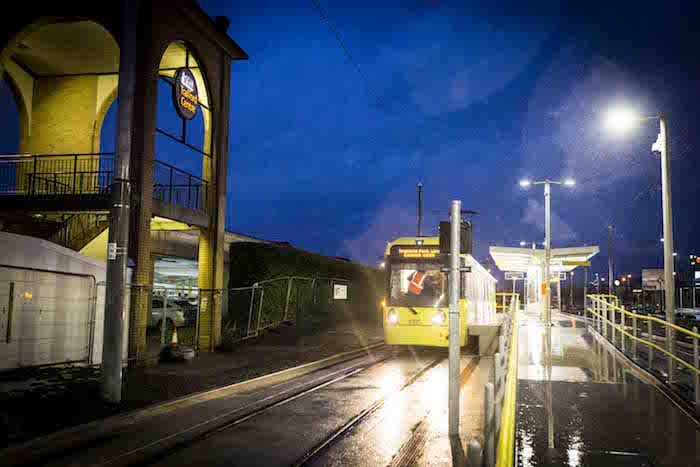
The new government’s Chancellor of the Exchequer, MP for Tatton George Osborne, raised hopes of narrowing the gaping north-south divide by backing the concept of a Northern Powerhouse which could include high speed rail links between Manchester, Leeds and Liverpool.
If the outcome has been disappointing – the high-speed link never materialised and Osborne was sacked by Theresa May after the 2016 general election – his deal offering more devolution of powers to city regions that adopted directly-elected mayors could turn out to be a lasting legacy.
Greater Manchester staged its first ever mayoral election on 4th May 2017 which saw former Labour cabinet minister, party leadership contender and MP for Leigh, Andy Burnham make history by taking office.
If his pledge to end rough sleeping by 2020 proved too ambitious, his constant quest for more devolution – particularly over transport – appears to be gaining traction, especially since Boris Johnson, himself a former mayor of London, entered Downing Street at the end of 2019 after the fourth general election of the decade.
From its troubled beginning, the decade ended on a high note, with boom-time predictions of population growth of more than ten per cent – 54,000 – by 2034 accompanied by the creation of tens of thousands of new jobs.
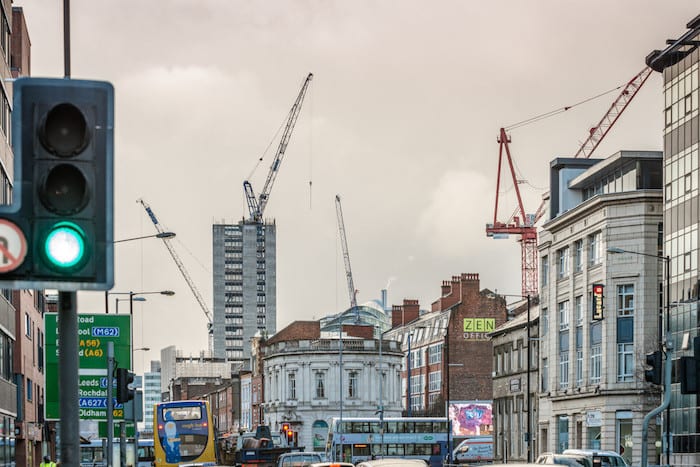
According to a Sunday Times report in late 2018, the economy in Manchester is “fast paced, with Amazon, the Co-operative Group, Royal Bank of Scotland, the BBC and ITV setting up offices there and Chinese buyers jostling with local purchasers and investors.”
Average house prices in the region are forecast to rise by £35,121 in the next five years, compared with the increase of £24,222 in the past five years.
Meanwhile the first major phase of Manchester Airport’s £1 billion transformation programme was completed in April of last year with the opening of 216 metre long Pier One and the next major phase – the extension of Terminal 2 – will open in summer of this year.
Nowhere exemplifies the changing fortunes of Manchester than the emergence of what was the world’s first industrial suburb – Ancoats – into what Time Out described in 2018 as the 13th coolest place to live on the planet.
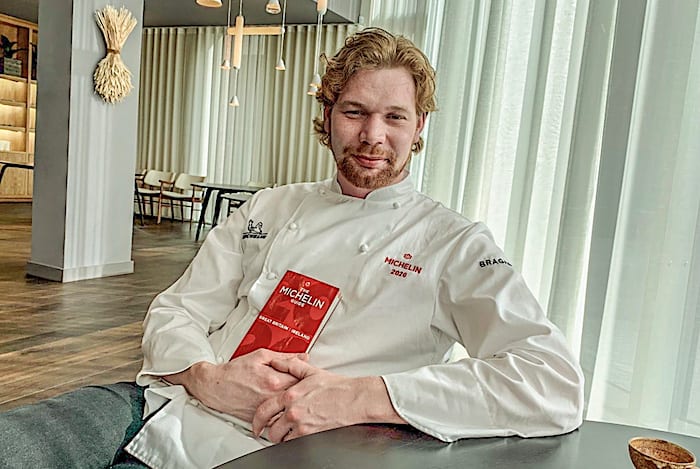
A year later the district’s new-found reputation was further enhanced when one of its growing number of acclaimed restaurants – Mana – won Manchester’s first Michelin star for more than four decades.
A mile or so away at Eastlands, another remarkable transformation unfolded during the decade. Though Manchester City’s takeover by Sheik Mansour of Abu Dhabi was completed in 2008, it was 2011 before the Blues won their first major trophy – the FA Cup – for 35 years. They have remained in the Premier League’s top echelon since.
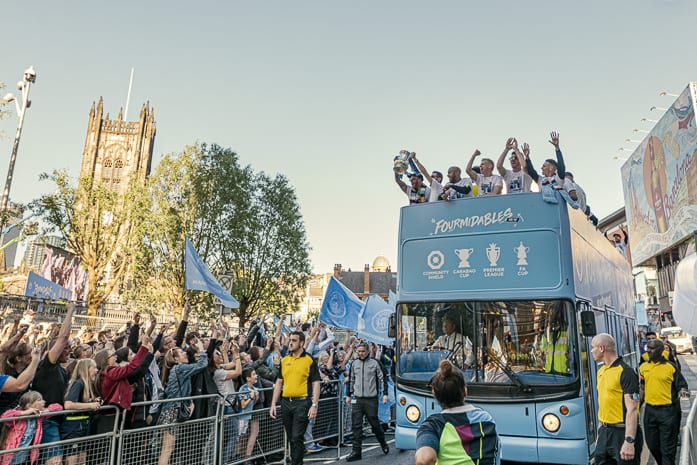
In the decade’s Premiership table, City played 381 games, winning 251 of them – 31 wins more than their neighbours and nearest rivals Manchester United.
Their goal difference during that time of 503 eclipsed the Reds figure of 316, and City’s points totalled 818 compared with United’s 747.
What a difference a decade makes.
- This article was last updated 2 years ago.
- It was first published on 3 January 2020 and is subject to be updated from time to time. Please refresh or return to see the latest version.
Did we miss something? Let us know: press@ilovemanchester.com
Want to be the first to receive all the latest news stories, what’s on and events from the heart of Manchester? Sign up here.
Manchester is a successful city, but many people suffer. I Love Manchester helps raise awareness and funds to help improve the lives and prospects of people across Greater Manchester – and we can’t do it without your help. So please support us with what you can so we can continue to spread the love. Thank you in advance!
An email you’ll love. Subscribe to our newsletter to get the latest news stories delivered direct to your inbox.
Got a story worth sharing?
What’s the story? We are all ears when it comes to positive news and inspiring stories. You can send story ideas to press@ilovemanchester.com
While we can’t guarantee to publish everything, we will always consider any enquiry or idea that promotes:
- Independent new openings
- Human interest
- Not-for-profit organisations
- Community Interest Companies (CiCs) and projects
- Charities and charitable initiatives
- Affordability and offers saving people over 20%
For anything else, don’t hesitate to get in touch with us about advertorials (from £350+VAT) and advertising opportunities: advertise@ilovemanchester.com
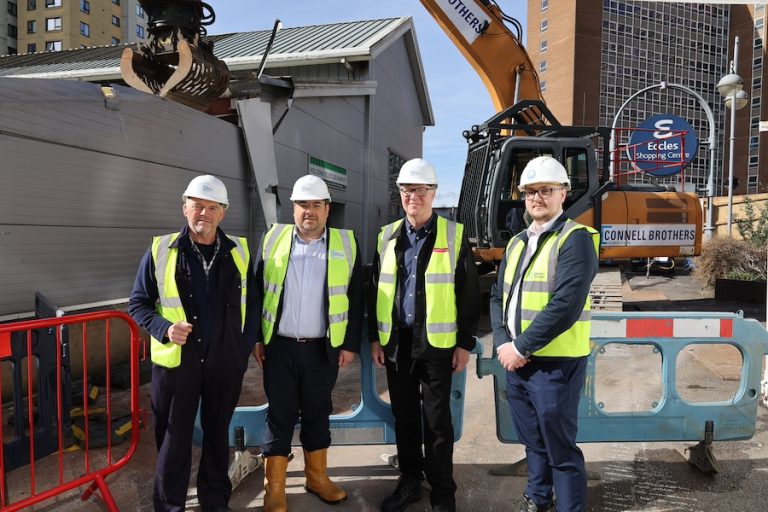
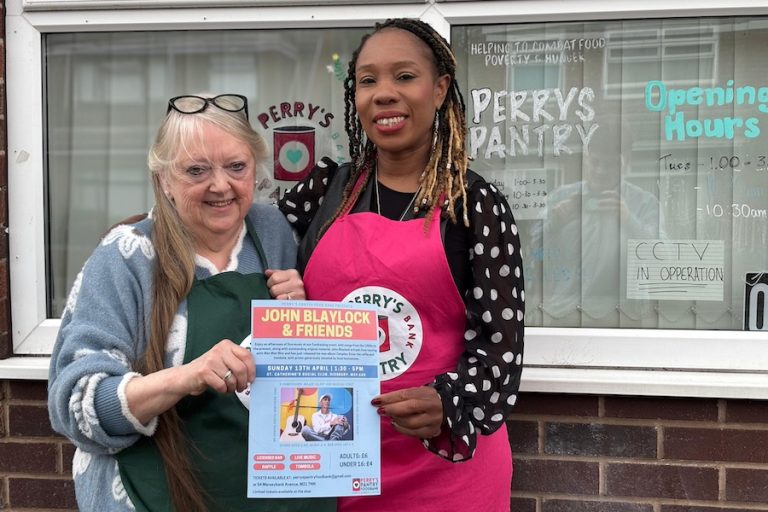
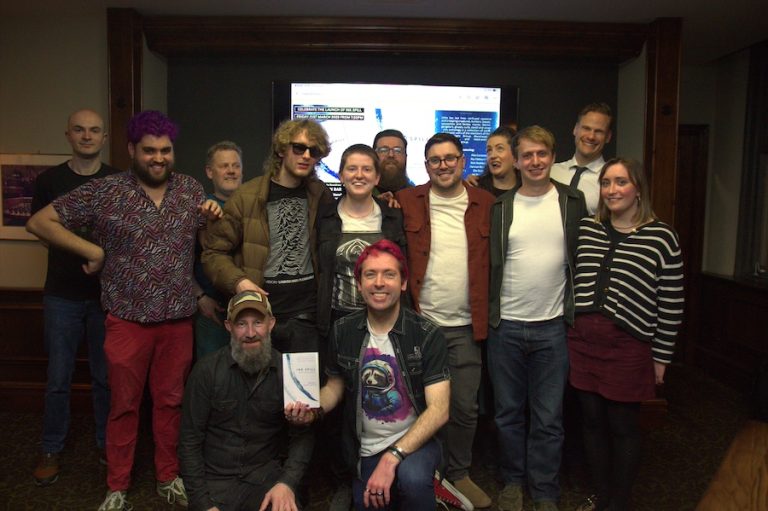
The eclectic group that’s been helping writers cut their teeth for 50 years

Manchester and Los Angeles prove that opposites really do attract

“His presence will be deeply missed” Children’s hospice bids farewell to their visionary CEO







